Prince Harry: I no longer feel safe in the UK
Prince Harry is fighting a decision not to allow him to fund police protection for himself when he is in Britain. The Home Office denies he offered to pay for his own protection.
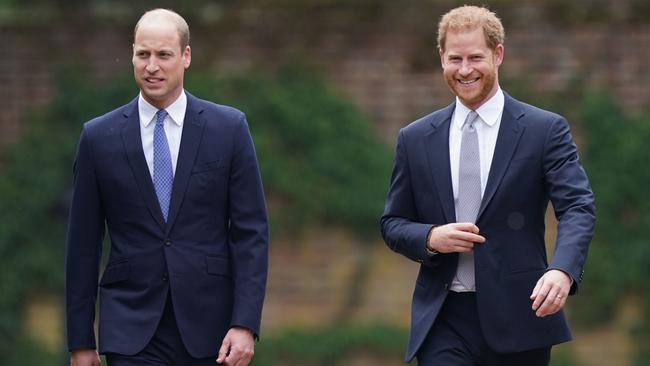
The Duke of Sussex, Prince Harry, did not offer to pay for his own police protection during a visit to Britain last year, the Home Office has claimed, as his legal challenge against the department began in the High Court.
Harry has launched a claim against the decision not to allow him to fund police protection for himself when he is in the country.
He lost his team of taxpayer-funded Metropolitan Police officers when he moved to the United States in 2020 when he and the Duchess of Sussex quit their roles as working members of the royal family.
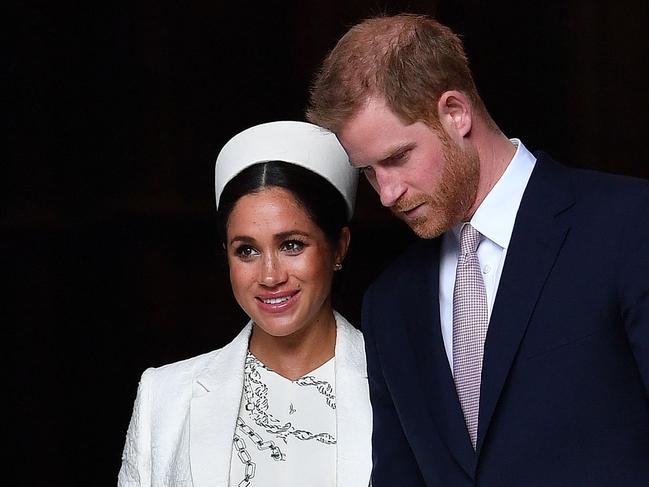
The hearing was told that Harry now “does not feel safe when he is in the UK”, which his lawyers say “is and always will be, his home”.
Harry is arguing that his private protection team in the US does not have sufficient jurisdiction abroad or access to the British intelligence information that is needed to keep his family safe.
Robert Palmer QC, for the Home Office, said in written arguments that the duke’s claim for a judicial review seeks permission to challenge a decision of the Executive Committee for the Protection of Royalty and Public Figures (Ravec).
The decision meant that Harry “would no longer be provided with the same degree of publicly funded personal protective security by the police when in Great Britain, including by reference to the particular security arrangements which were in fact extended to him on his last visit to Great Britain in June 2021”.
A spokesman for the Sussexes has said previously that during that visit, “his security was compromised due to the absence of police protection, while leaving a charity event”.
The Home Office claims that Harry’s offer of funding was “notably not advanced to Ravec” when he visited in June last year nor in any of the pre-action correspondence.
Last month Harry’s legal team issued a statement saying: “The duke first offered to pay personally for UK police protection for himself and his family in January of 2020 at Sandringham. That offer was dismissed. He remains willing to cover the cost of security, so as not to impose on the British taxpayer.”
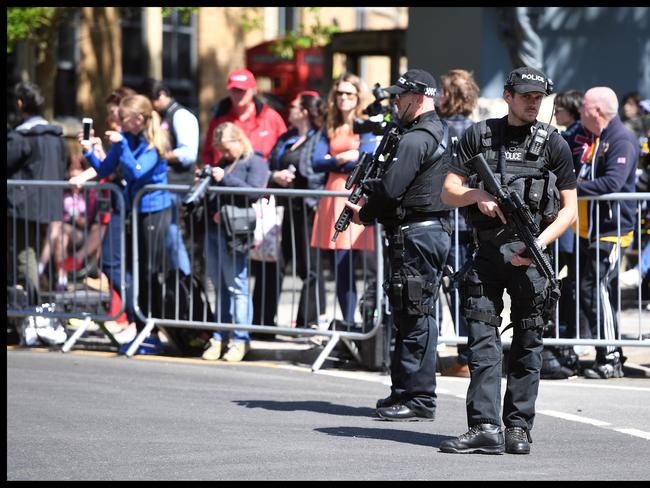
The role of Ravec was to consider whether Harry “falls within its cohort qualifying for publicly funded personal protective security at all, and if so, the extent to which any such protective security should be provided”, the Home Office said.
The duke claims that Ravec had reached its decision “in an overly rigid manner, failed to take account of relevant considerations, and acted unreasonably”, according to Palmer’s written submissions.
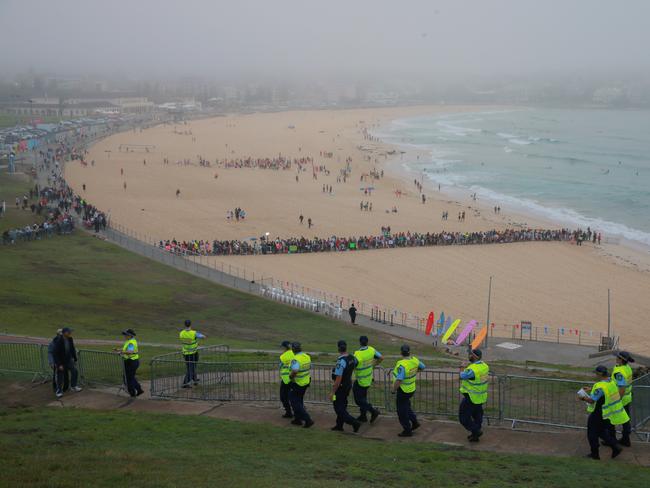
Palmer said the Home Office would oppose the duke’s claim as “unarguable and unmeritorious”. He said the duke had “failed to afford the necessary measure of respect” to the home secretary and Ravec as “the expert, and democratically accountable, decision-maker on matters of protective security and associated risk assessment”.
The duke’s offer of private funding was “irrelevant”, he said.
“Personal protective security by the police is not available on a privately financed basis and Ravec does not make decisions on the provision of such security on the basis that any financial contribution could be sought or obtained to pay for it.”
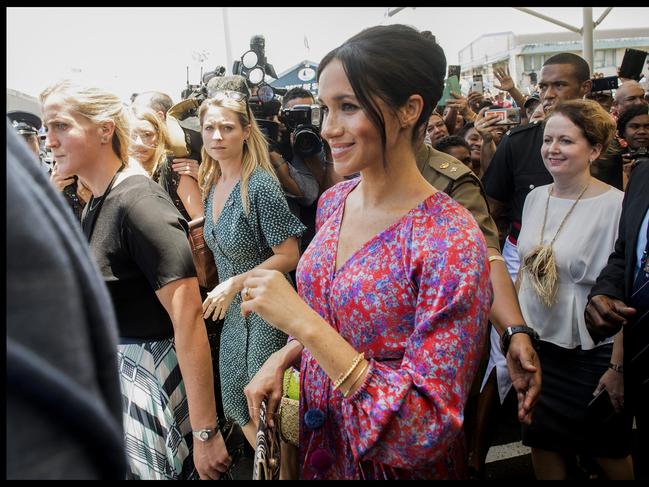
The duke, who was not at the hearing in London, parts of which were held in private, previously said that he had “inherited” a risk by being born into the royal family.
The hearing continues.
The Times



To join the conversation, please log in. Don't have an account? Register
Join the conversation, you are commenting as Logout